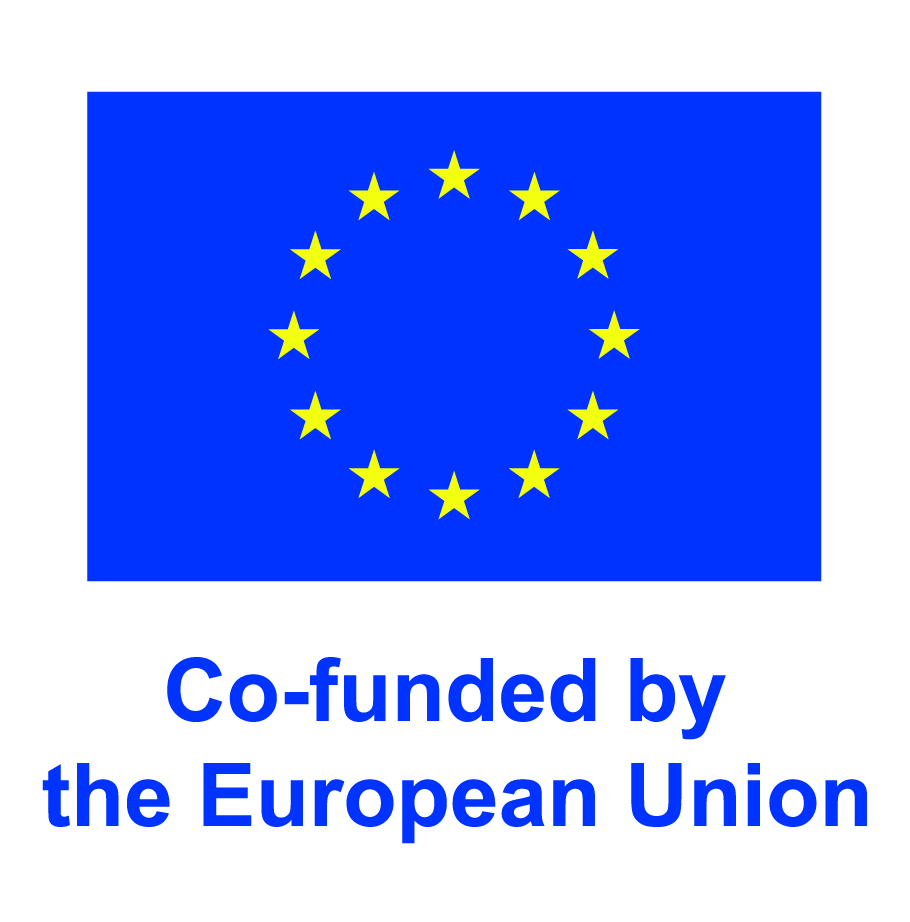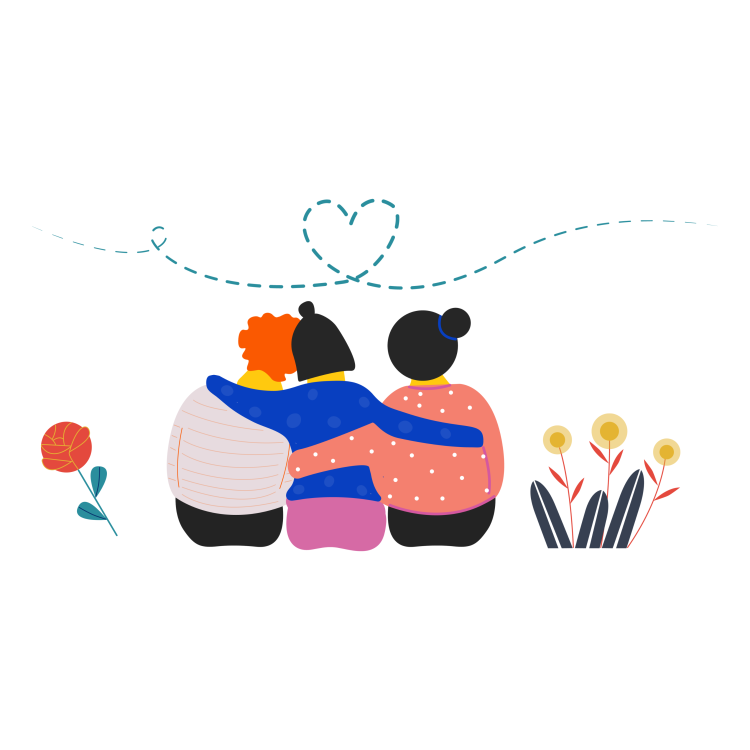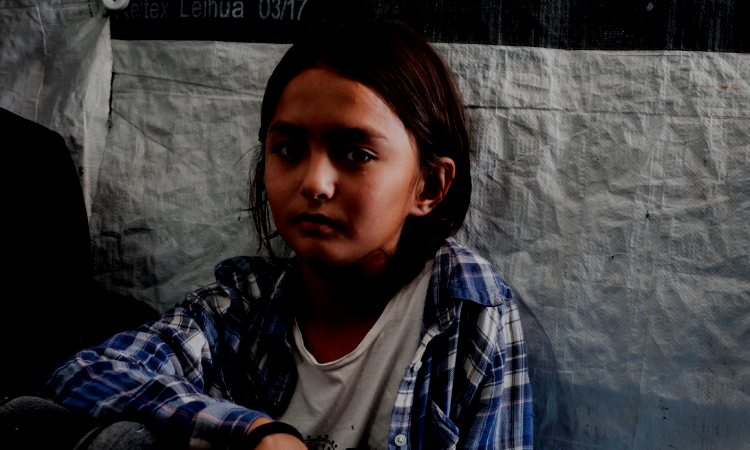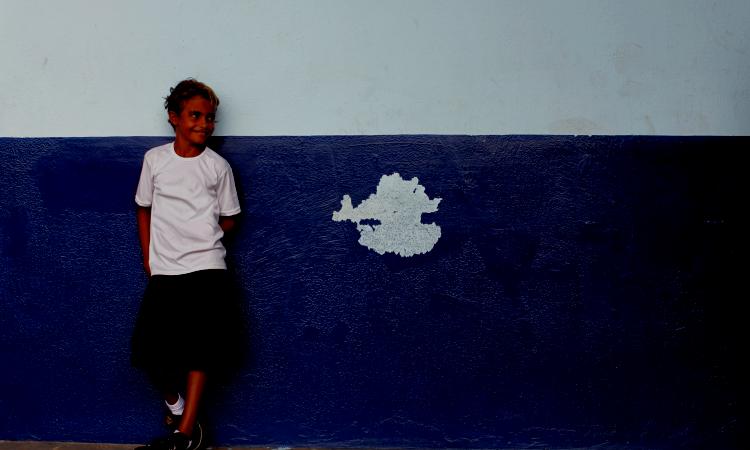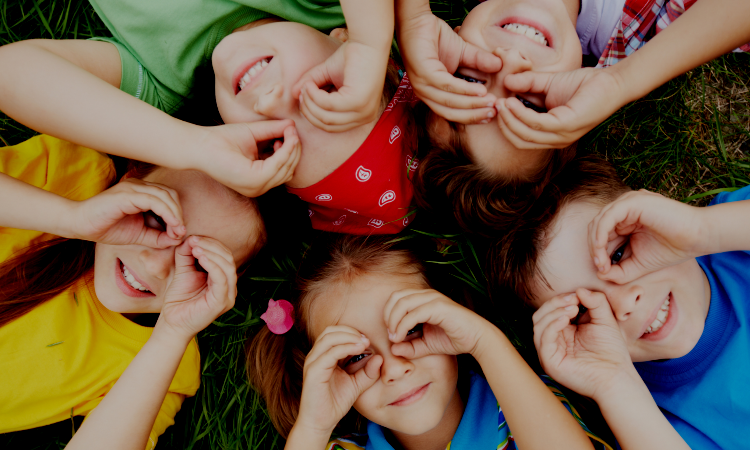CARING 2.0 is an innovative project funded by the European Union, focused on preventing and responding to school-related violence across Europe. Through a multi-disciplinary and integrated approach, it aims to create safer environments for children and young people, ensuring their protection and active participation.

About the Project
Multi-disciplinary Prevention of and Response to School-related Violence
Violence against children across Europe remains a significant concern, impacting children across all member states with varying severity and forms. Evidence from multiple sources suggests that various forms of violence are present in and around schools in Bulgaria, Croatia, Greece, Kosovo and Romania. While it should be acknowledged that in each national context legislative, policy and practice advancements have been made towards preventing and responding to violence against children, these measures need to be scaled up to support operationalization of integrated child protection systems with the best interest of the child at their center.
CARING 2.0: Multi-disciplinary Prevention of and Response to School-related Violence, building on a successful implementation of REVIS and CARING transnational projects, the current project aims contribute to strengthening and functionality of integrated child protection systems through multidisciplinary prevention of and response to school-related violence, including its gendered dimensions, and rights-based participation of children, especially these in vulnerable situations. To holistically address violence against children, concerted efforts at different layers of children’s social ecologies will be implemented through a range of mutually reinforcing methodologies, such as:
- CARING Curricula for school staff and children,
- "I Support My Friends" for child-to-child support,
- Trauma-informed care training package for multi-disciplinary teams,
- as well as operationalization of inter-agency referral mechanisms at school level.
One Regional Child & Youth Advisory Board (CAB) and four national CABs will be supported and developed as a tested mechanism to ensure meaningful participation of children in decision making processes that affect their lives. Collectively, the implementation of these methodologies will provide a strong basis for disseminating best practices.
Objectives
The main goals of CARING 2.0 are to:
Prevent school-related violence through education, awareness, and early intervention,
Build the skills and capacities of school staff, public service providers, and communities,
Empower children and young people as active participants in promoting safe environments,
Strengthen cooperation among schools, families, and child protection services,
Contribute to the development of national and regional frameworks for child protection aligned with European standards.
Activities
Throughout the project’s two-year implementation, CARING 2.0 will:
Engage around 1,150 children and youth aged 12–16, with special focus on vulnerable groups,
Work with approximately 500 school staff members, 600 service providers, and 500 parents and community members,
Develop educational resources and tools for schools and communities,
Organize specialized trainings for educators and service professionals,
Host webinars and events focused on trauma-informed practices and child-centered approaches.
Using a socio-ecological model, interventions will take place across different layers of children's social environments — from individual and family levels to school, community, and society — ensuring a comprehensive and sustainable impact.
Project Duration
April 2025 – February 2027
Partners
The CARING 2.0 project is implemented by a strong consortium of organizations committed to child protection across Europe. The partners include Terre des hommes Hungary (lead organization), Terre des hommes Romania, Terre des hommes Hellas, Terre des hommes Kosovo, Brave Phone (Hrabri Telefon) in Croatia, the Institute of Social Activities and Practices (SAPI) in Bulgaria, and the Association Roditeli in Bulgaria. Together, they bring extensive experience and expertise in promoting child safety, well-being, and participation at both national and regional levels.
For more information, please contact George Kanaris, Child Protection Programs Coordinator at [email protected]
